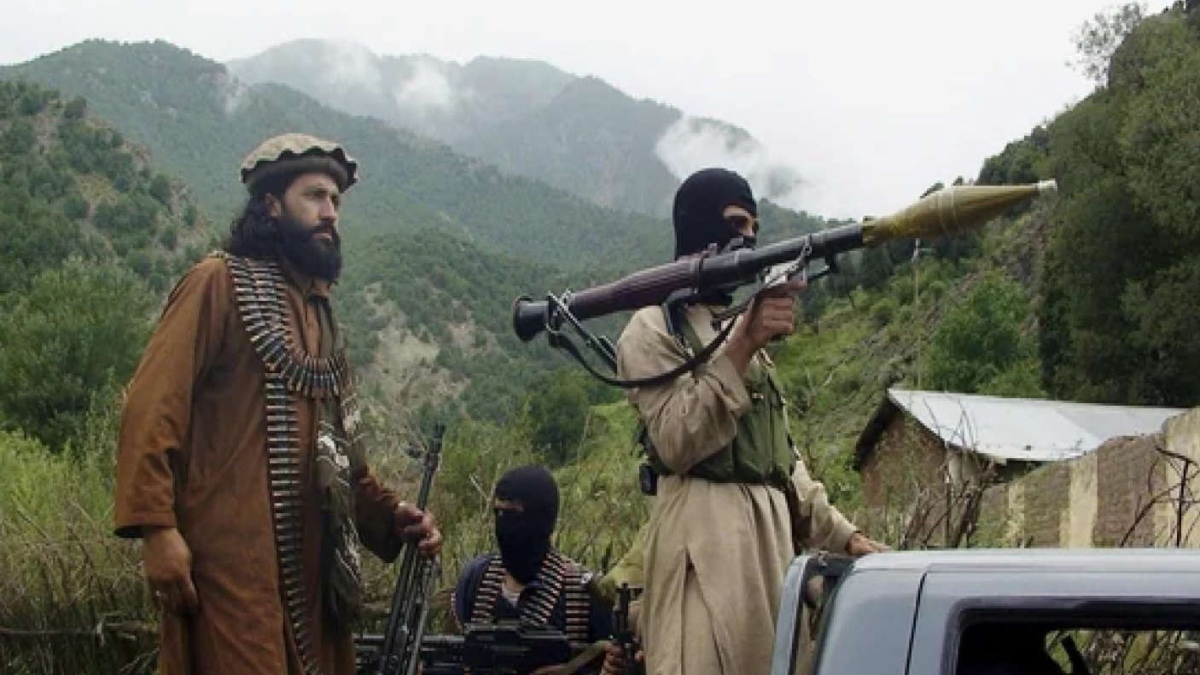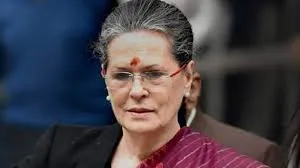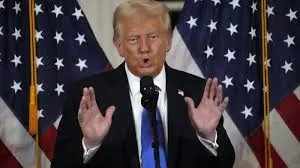Pakistan no longer favours a Taliban total victory in Afghanistan as it seeks to balance its US and China relations.
Salman Rafi Sheikh, writing in Asia Times said that Pakistan’s security establishment appears to see more geopolitical upside to an inclusive rather than Taliban-dominated Afghan government in Kabul when US troops fully withdraw by September 11. This marks a distinct flip of Pakistan’s previous position in favour of a Taliban total win over Kabul, one that violently ousts Afghan President Ashraf Ghani’s government and establishes a new Islamic emirate to the exclusion of non-Taliban and non-Pashtun groups.
Pakistan’s security establishment believes that a total Taliban victory would galvanise Pakistan-based, Taliban-aligned groups to pursue similar objectives through military means, potentially leading to new instability including in traditional hotbed areas along the Afghan border.
Like the Taliban, Pakistan authorities are known to view dimly Ghani’s elected government, both as a US-backed puppet regime and one that is dangerously close to rival India, reported Asia Times. Pakistan’s shift became apparent a fortnight ago when the security establishment renewed its efforts to push the Taliban to rejoin peace talks with Ghani’s government. Informed sources say the Taliban was told in clear terms that not doing so could invite “tough action” from Pakistan.
In a meeting between Pakistan’s top security officials and Afghan Taliban representatives on April 28 in Istanbul, Turkey, the latter was reportedly given an “enough is enough” message, with Pakistan emphasizing that the Taliban’s seizure of power through the sheer use of force and violence would not be viable, said Sheikh. The meeting and its messaging were reported widely in Pakistani media and subsequently not denied by either side.
Meanwhile, Taliban has ramped up attacks as the US begins its withdrawal from government installations in the country, raising fears it plans to rout national forces and ignore any settlement reached via multi-party talks.
While pushing the Taliban to the negotiating table, Pakistan is also quickly redefining its relations with Kabul. Importantly, Pakistan’s recalibration is being led by the military establishment, which since the 1980s has been the main player in Afghanistan’s long-running civil wars, reported Asia Times.
Led by Chief of Army Staff Qamar Bajwa, Pakistan’s top brass has since 2018 conducted its own independent brand of “military diplomacy” under Prime Minister Imran Khan’s hybrid civil-military regime. On May 10, Bajwa travelled to Kabul where he met Ghani and assured him of Pakistan’s support for an inclusive political system in Afghanistan after the US withdraws the last of its troops in September. On May 12, Ghani made an unusual public statement claiming that Pakistan is no longer in favour of helping to re-establish a Taliban-led Islamic emirate.
WITH ANI INPUTS























